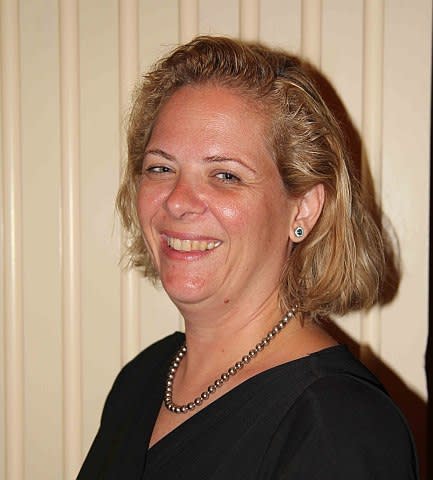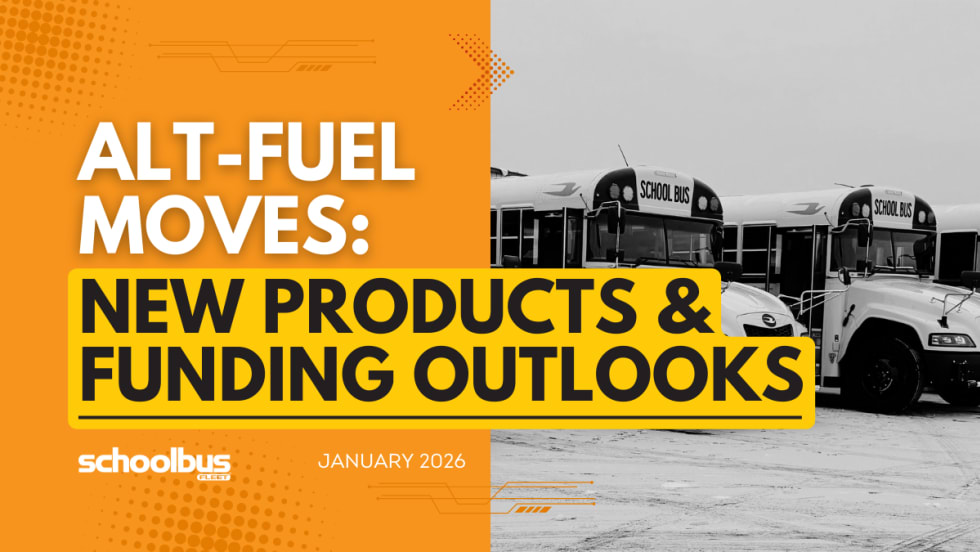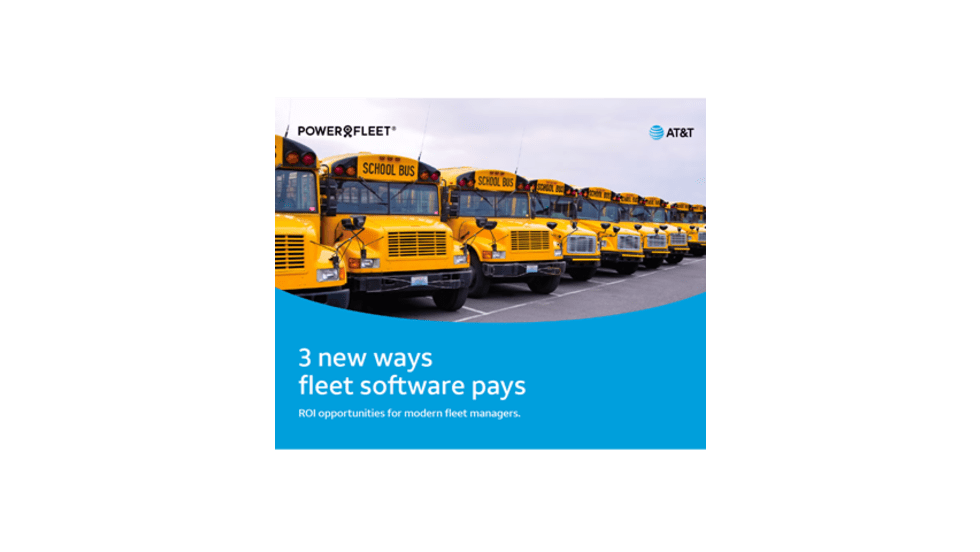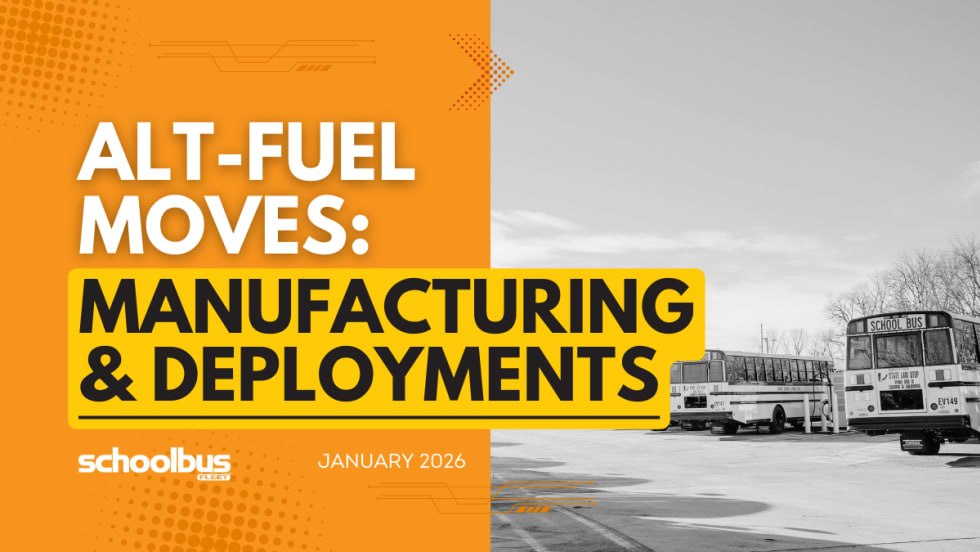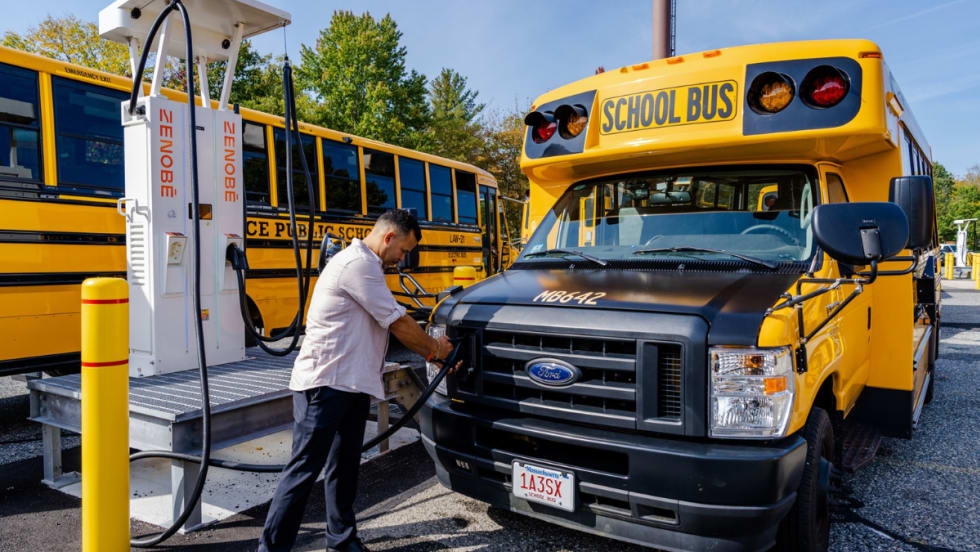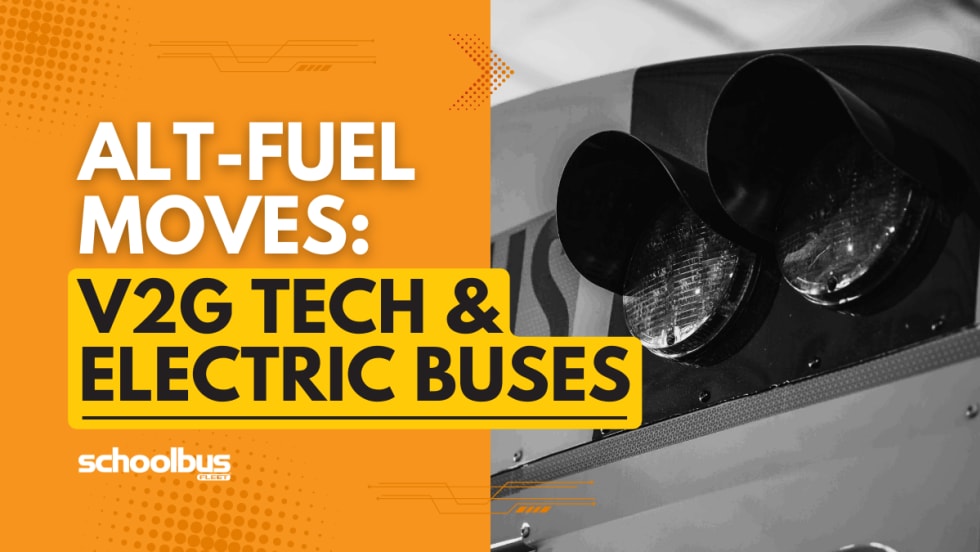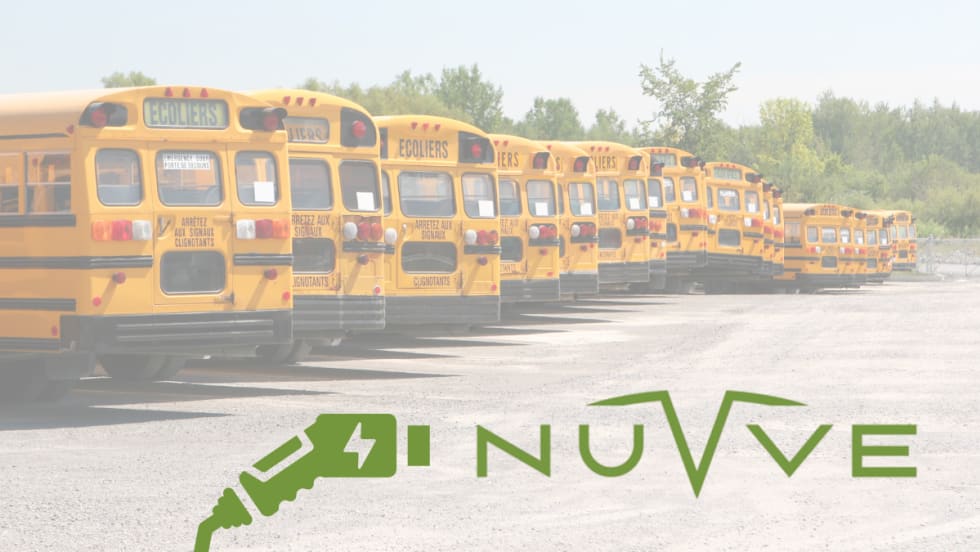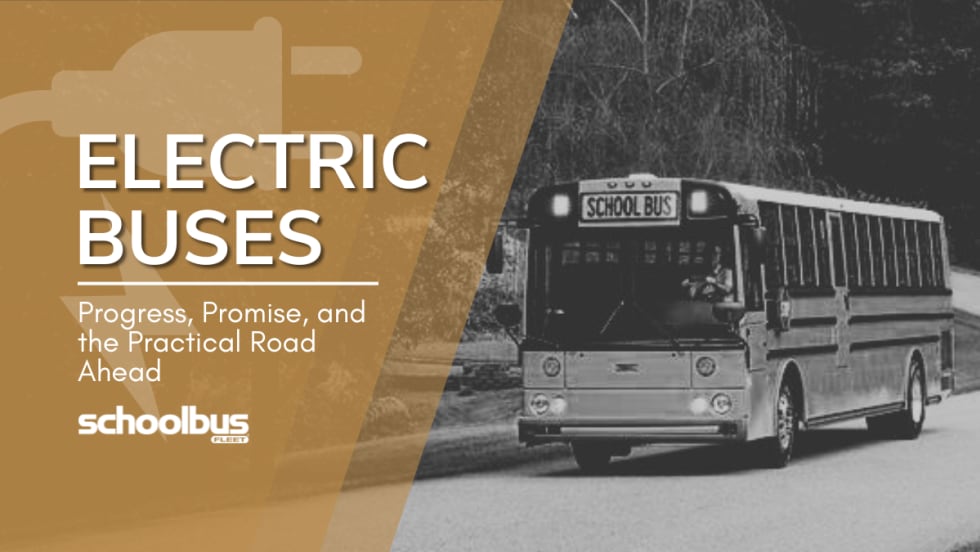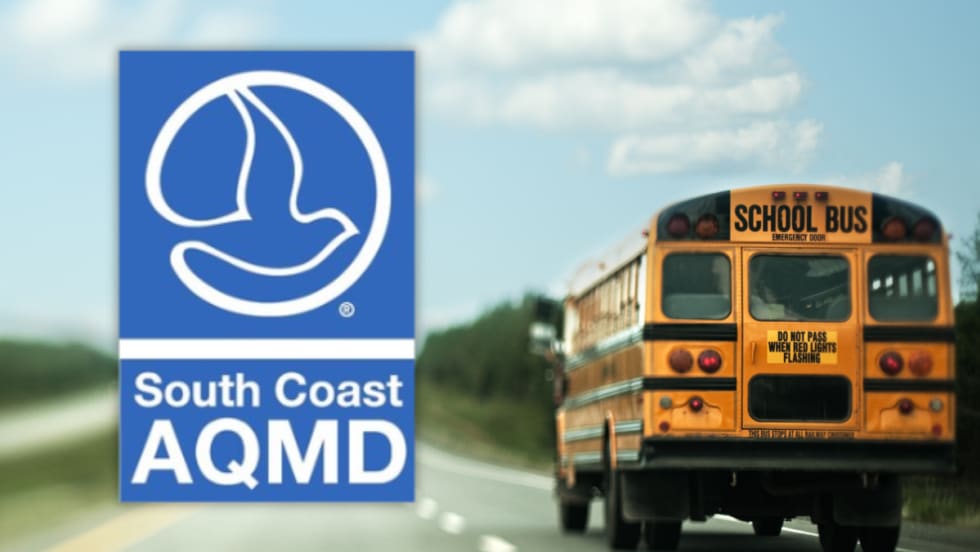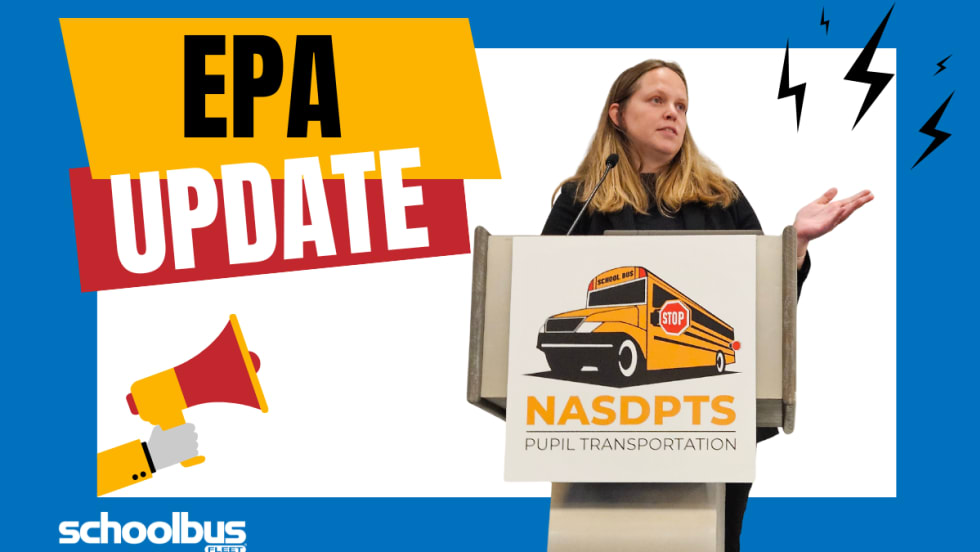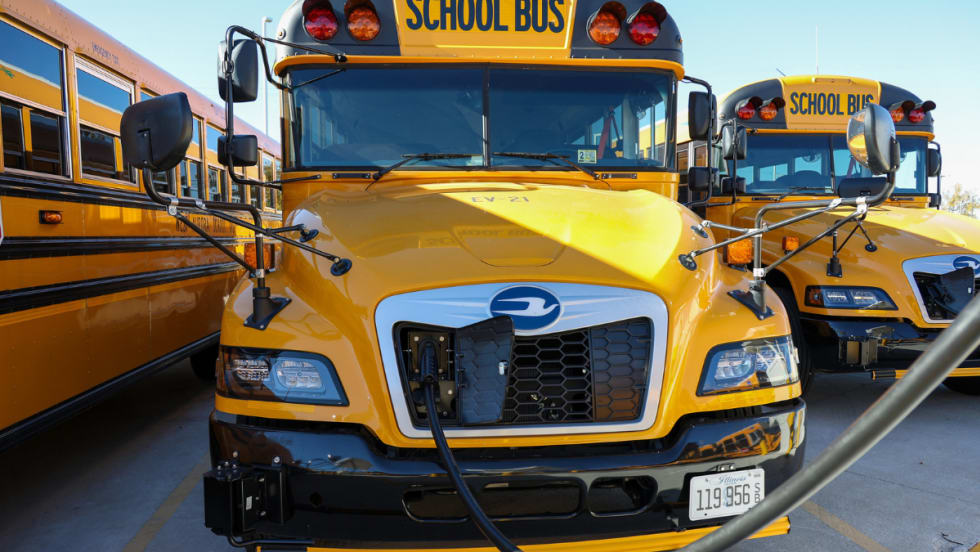
On June 28, 2016, the U.S. Environmental Protection Agency (EPA), the California Air Resources Board (CARB) and other parties announced a partial settlement agreement with Volkswagen (VW) following alleged violations of the Clean Air Act in connection with emissions from Volkswagen 2.0-liter diesel engines. A separate settlement for the 3.0-liter engines was reached on Dec. 20, 2016.
The final settlement for the 2.0-liter engines requires that Volkswagen pay a total of $14.7 billion in restitution. Of that amount, $2.7 billion will be used to establish a mitigation trust fund to support the replacement or repowering of school buses and other diesel vehicles. This program will be administered at the state level using a funding allocation tied to the number of VW diesel vehicles sold in each state, with states receiving a minimum of $7.5 million and California receiving the most — more than $381 million.
The partial settlement for the 3.0-liter vehicles that were sold with “defeat devices” calls for an additional $225 million for all states except California, where a separate settlement was reached. This brings the total size of the mitigation trust fund to $2.95 billion.
In addition, under the original settlement, $2 billion will be available through the zero-emission vehicle fund and is available for electric and fuel cell vehicles.
The process for applying for funding is different for each of these programs and is still under development. Those interested in applying for funds are encouraged to get involved as follows.
For the mitigation trust fund:
• The process will be run through a trustee who has yet to be named and state agencies that have yet to be designated. Recognizing that each state will operate separately and some will be ahead of others, it will take some time for state agencies to be identified and possibly several months for everything to become operational.
• State programs can set their own priorities for funding as long as they stay within the eligibility criteria established under the settlement with VW.
• Those interested are encouraged to reach out to the governor’s offices in their states of operation to stay informed of the states’ processes.
• State progress tracking is best done by checking with the governor’s office, the state’s attorney general, the U.S. EPA, and similar state sources.
• Follow the process in each state of interest to determine application criteria and deadlines.
• Apply for funds once available.

For the zero-emission vehicle fund:
• This separate funding source provides $2 billion to advance zero-emission vehicle deployment.
• The process will be run by Volkswagen with oversight by the EPA and CARB. $800 million of the funding will go to the state of California, and the remaining $1.2 billion will be split among the other states and territories.
• Those companies that want to take advantage of this program will first need to engage with Volkswagen and then with the EPA and CARB.
• Follow the process to determine application criteria and deadlines.
• Apply for funds once available.
If you are interested in applying for funding under these programs, it is very important that you involve yourself in the process in order to understand the exact steps and requirements you will be subject to under the settlement terms and in each state for which you are interested in applying.
Funding such as this can greatly assist our industry and fleets in particular, but you have to proactively seek the funding.



